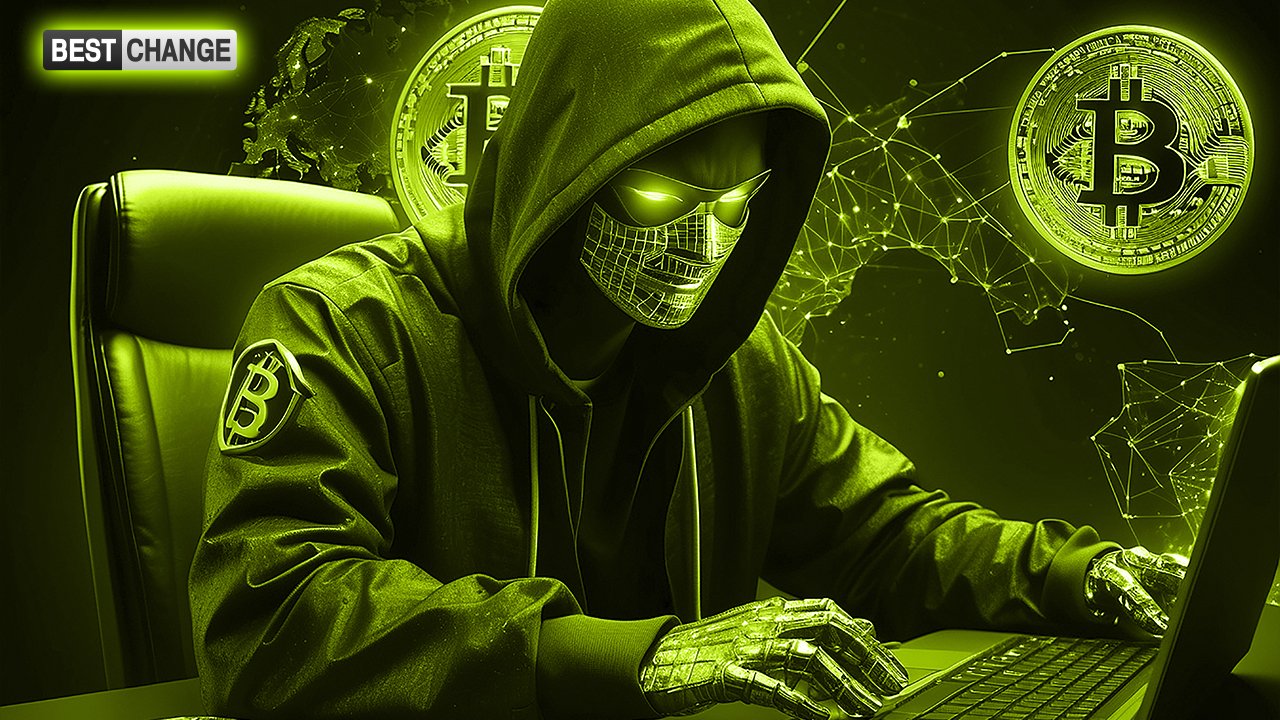Bitcoin anonymity is a myth

If we are talking about the vast majority of tokens and cryptocurrencies, excluding truly anonymous blockchains such as Zcash, Bytecoin, or Monero, their privacy is highly limited.
Indeed, initially, no one owns the wallet address. However, during the use of the address, its owner associates themselves with it. For example, an exchange indicates the wallet on its website, or a user of an exchange or custodial wallet undergoes KYC verification procedures. These associations are recorded in public and private databases, and from that point onwards, specific transactions can be linked to a specific person or company.
Financial systems, including cryptocurrency ones, employ customer verification principles. This is necessary to prevent fraud and combat money laundering. In most developed countries, this requirement is part of the legislation, not just a whim of the businessmen themselves.
AML (Anti-Money Laundering) is the principle of countering money laundering, financing terrorism, and creating weapons of mass destruction. The procedure includes the identification, storage, and exchange of information about users, their income, and transactions between organizations and agencies.
AML utilizes various algorithms to connect the KYC database and other sources of information.
KYC (Know Your Customer) is a principle employed by financial institutions that requires them to identify a person's identity before they can conduct operations.
Cryptocurrency exchanges usually request full name, date of birth, email, phone number, country, and residential address, as well as ID (passport, driver's license, or other legitimate documents).
Customer identification (KYC) is just a part of the anti-money laundering (AML) measures.
Most law-abiding services use automated transaction monitoring services. They track any links between the sender and Darknet services, gambling platforms, mixers, services without KYC, and many other potentially risky sources of funds.
But for completely law-abiding owners, this is even a benefit, as these services consider not only negative factors but also take into account positive aspects such as transfers from verified exchanges, miners, or marketplaces with KYC procedures.
Major crypto services can already block funds with a high degree of risk associated with illegal operations. Other business representatives may only request additional documents for risky operations to comply with KYC rules and have information about the owner of a disputed transaction in case of a request from law enforcement agencies.
It is worth noting that many exchanges use the services of exchanges or custodial wallets to receive cryptocurrencies, so it will not be possible to withdraw knowingly "dirty" tokens through them. You cannot try to "trick the system" using this method. In rare cases, it may be possible to withdraw funds through small p2p services without AML checks on participants, but on such platforms, not only can you send "dirty" funds to someone else, but you can also receive them on your own card (there have been cases of p2p transfers from stolen cards or funds obtained through criminal means).
If you are unsure about the cleanliness of the funds on your wallet, it is better to check it in advance using one of the numerous online verification services. Then, knowing the level of risk in advance, you will be able to avoid unexpected blockages and other unpleasant situations. In the worst-case scenario, if a small level of threat is detected, you will be able to discuss mutually beneficial conditions with the exchange service or platform and maintain a position of strength rather than being a hostage to the situation where transaction conditions are discussed with frozen funds in the background.
However, AML cannot always be used without additional actions. The thing is, if you use a custodial service (when you don't have private keys and deposit and withdrawal wallets are different), such as an online wallet, marketplace, or cryptocurrency exchange, you cannot determine in advance from which specific wallet the transfer will be made and its level of risk.
In such cases, we recommend not skimping on an additional transaction (given the current level of load, it will cost literally 250-500 satoshis and take an extra 10-30 minutes) and withdrawing funds from custodial services to your personal wallet first. In your personal wallet, you can check the level of AML risk before sending funds to an exchange or marketplace.
And for businesses, we recommend using wallets that allow for easy creation of new addresses, not accepting customer funds directly into custody services with the potential for account blocking, breaking down large transactions into smaller parts, and requesting KYC from counterparties for risky operations. It is also advisable to have multiple accounts on an exchange to avoid dependence on a single one for the entire business.
